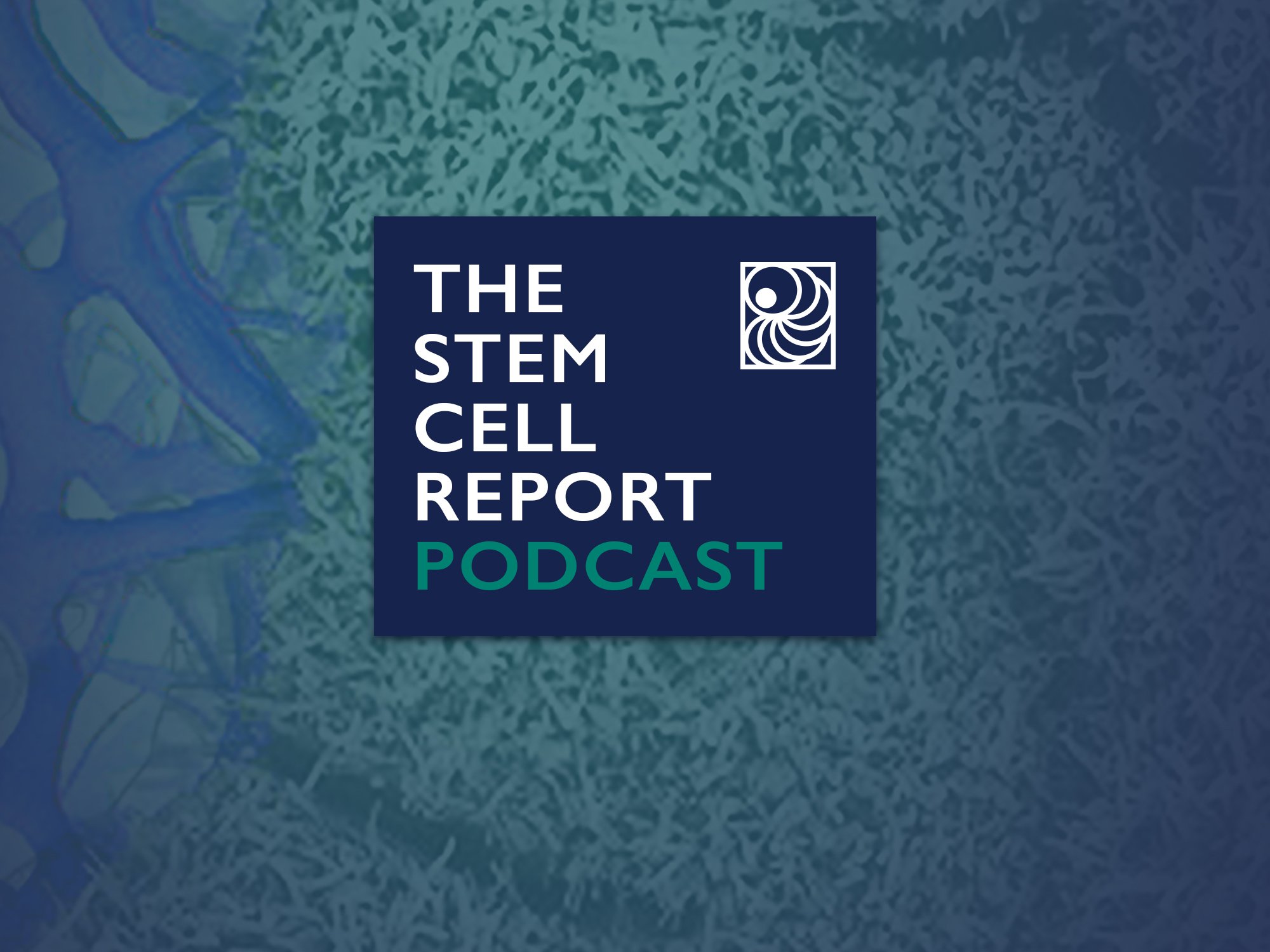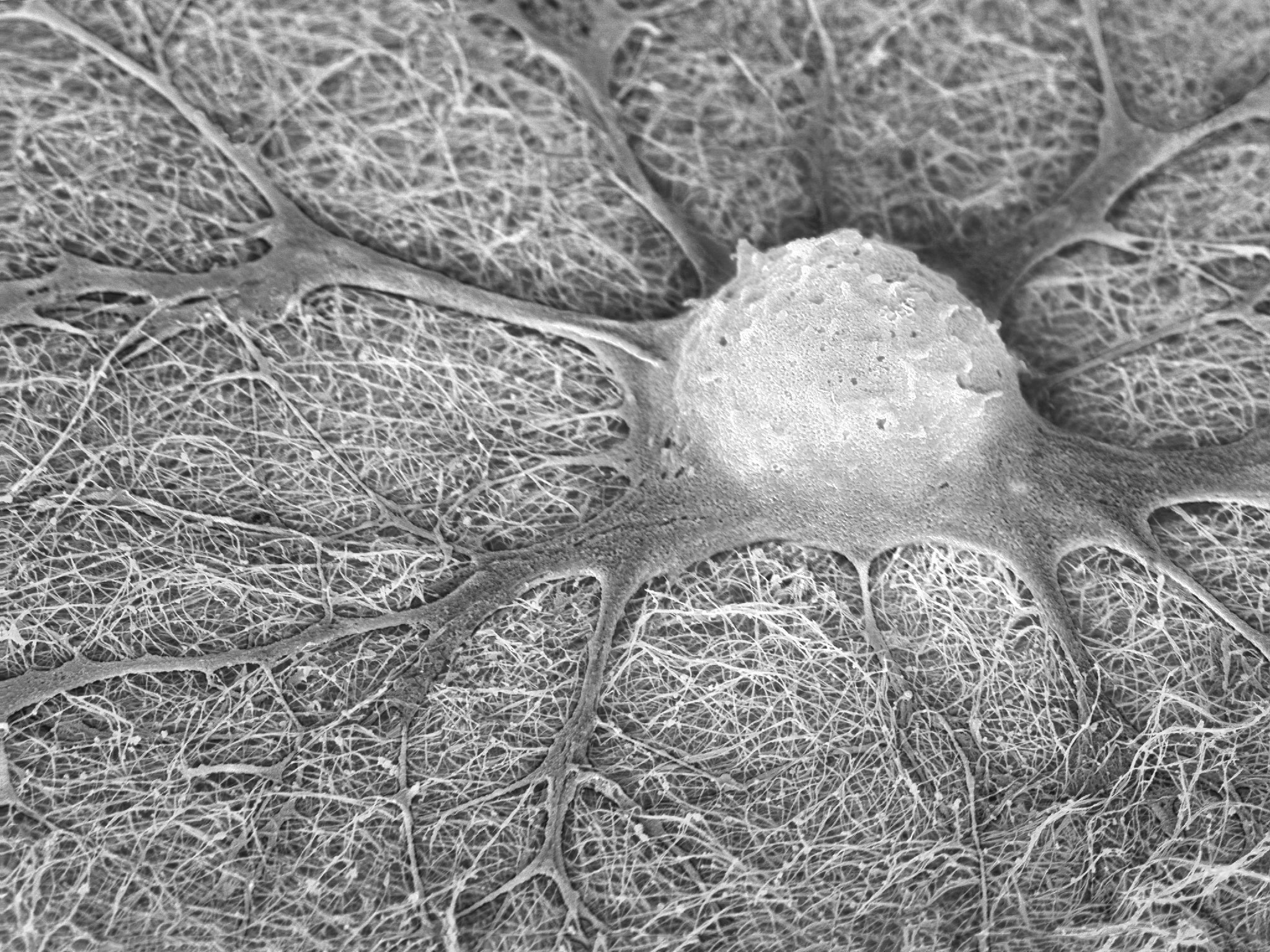ISSCR News

Member Spotlight: Robert Zweigerdt, PhD
Being ISSCR member for 25 years is like being part of the leading global network in stem cell science, which has turned into an “dynamic, growing family” over the years.

The ISSCR Launches First Online Global Continuing Education Course on Stem Cell Medicine
The International Society for Stem Cell Research (ISSCR) announces the launch of a new online continuing education course, Stem Cell Medicine: From Scientific Research to Patient Care. The comprehensive course comes at a pivotal moment, addressing the growing demand for evidence-based, expert-led education amid the proliferation of unproven and potentially harmful stem cell interventions that threaten patient safety around the world. The activity, jointly provided by Harvard Medical School and the ISSCR, is open access, available on demand, and offered at no cost to clinicians, nurses, medical students, scientists, and the public. It is also available in five languages.

The ISSCR Launches Consortium to Support Adoption of Stem Cell-Derived Disease Models for Drug Discovery and Development
Advances in human stem cell-derived disease models have the potential to augment our predictive power for the efficacy and safety of new drugs. This technology, which complements existing approaches, is poised to reduce R&D costs and accelerate the development of new therapies for patients.
The International Society for Stem Cell Research (ISSCR) has assembled an international consortium of cross-sector thought leaders from industry, academia, and regulatory science to enable the widespread, responsible adoption.

New Podcast Episode. Parkinson’s Disease, Cell Therapy, and Exercise
The potential of pluripotent stem cells and the ability to scale and differentiate them to generate large numbers of enriched cell populations has created new opportunities and approaches to treat human disease. Preclinical proof-of-principle data demonstrates that stem cell-derived neural grafts can be used to reverse symptoms of multiple neurological conditions, including Parkinson’s Disease. Cell grafts enriched with dopaminergic neurons, can structurally and functionally integrate in the brain of Parkinson’s Disease models to reverse motor deficits, a finding which has launched several clinical trials. While the results in animal models is essential proof-of-concept, the survival and integration of these cells is suboptimal compared to treatments from fetal-derived ventral midbrain grafts. An area of preclinical and clinical research showing promise in influencing neuronal survival and plasticity is exercise. The benefits of exercise on neural function and disease progression have been widely reported and they have also been shown to enhance the survival and integration of transplanted cells in models of some neurological diseases. However, there is limited data on the benefit of exercise on the functional outcomes of neural grafts in Parkinson’s Disease models. The guests on today’s program will discuss their recent study looking at the effect of exercise on cellular engraftment and functional recovery in animal models of Parkinson’s Disease and the implications for clinical outcomes.

Receive ISSCR Press Releases
Sign up be a part of ISSCR’s media list. Media Contact: Kym Kilbourne, Director of Media and Strategic Communications
Subscribe to ISSCR News.
Each month, ISSCR delivers scientific, policy, and community to your inbox .

